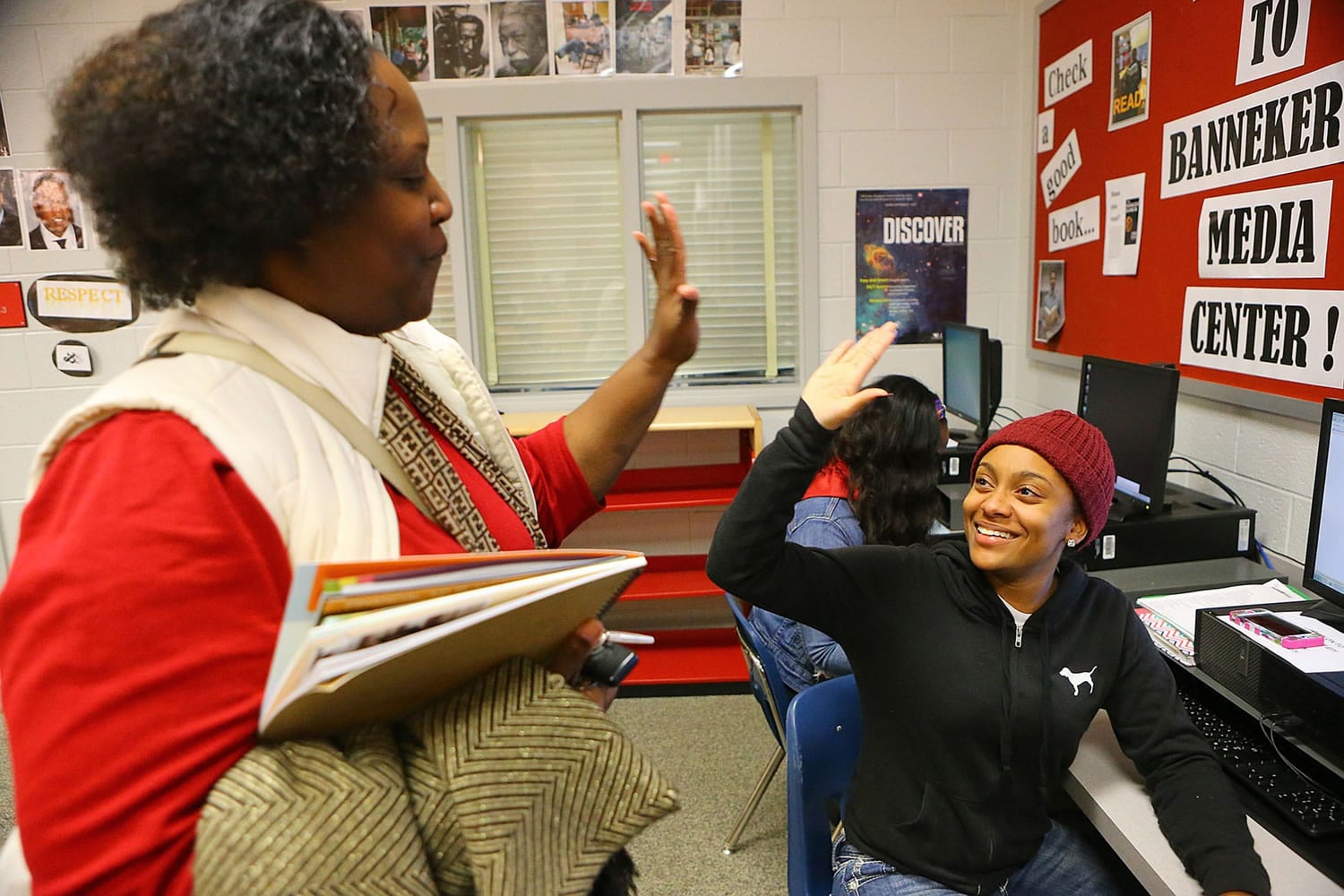ATLANTA — For many students, the road to college begins before they ever set foot on a campus, with filling out a form — a long one.
The Free Application for Federal Student Aid, FAFSA, determines how much financial aid (grants, loans, work study) a student can receive. Many states and colleges also use it to determine how much state aid, such as HOPE scholarships, and institutional aid to award. The FAFSA is also imperative for parents and students to determine how much of their own money they will have to provide and which colleges they can afford.
With all that at stake, Washington lawmakers and President Barack Obama want to revamp and simplify the form, making the task less arduous for parents and students, and hopefully spurring more of them to complete it. But some states and colleges warn that removing too many questions will make it harder to determine which students really need financial help.
Currently, the FAFSA has 108 questions. The form can be filled out online but can still be tough to complete, particularly for first-generation college students and parents, with complicated and repetitive questions. According to a study by NerdScholar, the higher education arm of the financial literacy site NerdWallet, about $2.9 billion — including $82.3 million in Georgia — in federal grant dollars went unused in 2013 because 47 percent of high school graduates didn’t fill out the FAFSA.
Earlier this year, Obama proposed cutting 30 questions from the form. A congressional contingent led by Republican Sen. Lamar Alexander of Tennessee wants to cut it all the way down to two questions: What is your family size? What was your household income two years ago?
Georgia’s Senators Johnny Isakson and David Perdue signed on to Alexander’s FAST Act.
About 40 to 50 percent of the roughly 300 seniors at Clarkston High School in Decatur, Ga., complete a FAFSA form. “We don’t make all seniors file, but those going to college, those undecided about their college choice, those interested in HOPE (awards) are encouraged to file,” Clarkston’s head counselor, Gayle McNair, said.
For her students and their parents, it’s not so much the gathering of information that is difficult, it’s the questions, McNair said. “Sometimes the (questions) seem repetitive and they have to make sure they answer the questions appropriately.”
The Internal Revenue Service and the U.S. Department of Education share data to ensure the accuracy of information on FAFSA forms. About one-third of FAFSA forms are selected for verification each year by colleges and universities, as required by the federal education department. Lying on the financial aid form is punishable by up to five years in jail and fines up to $20,000.
Glenda Shivers and her daughter Shakirah, 17, turned out on a frigid night last month at a FAFSA help session at Banneker High School in College Park, Ga., held by the Georgia Student Finance Commission. With her third child hitting college age, Shivers has had so much experience with the FAFSA that she spent much of her time helping other students complete their forms.
“There are many students that don’t have the parents and resources to help them with this form. They are the first in their families to go to college and they’ve never done this before,” she said, so any efforts to streamline the form are welcome.
Like Shivers, the Georgia Association of Student Financial Aid Administrators supports simplifying the form.
“It’s the main process for applying for financial aid and needs to be easily understood,” said Susan Smith, the association’s president and financial aid administrator at the University of North Georgia. But the simplification needs to be done carefully. Too much cutting will make it hard to differentiate between students who are truly in need and those who look needy on paper, Smith said.



